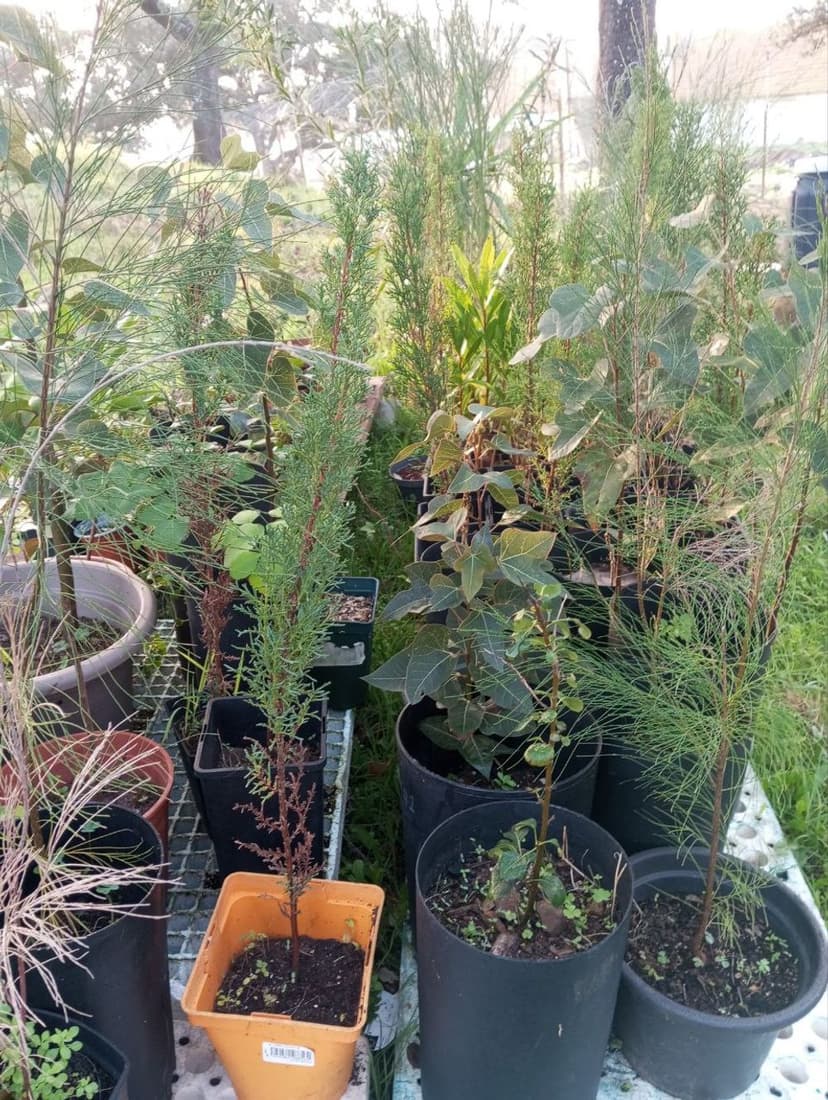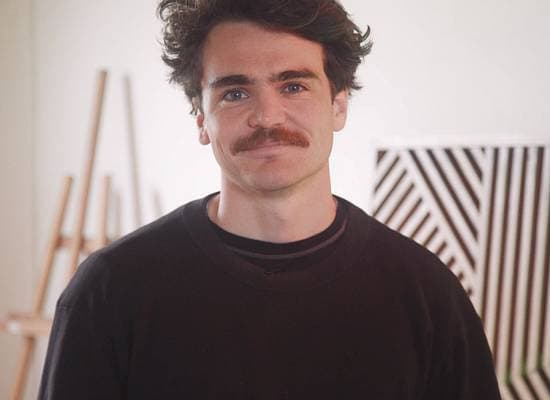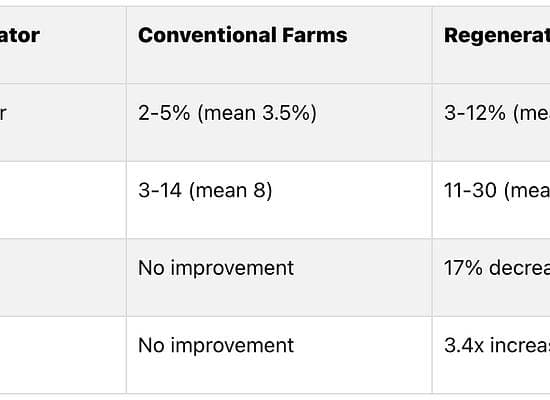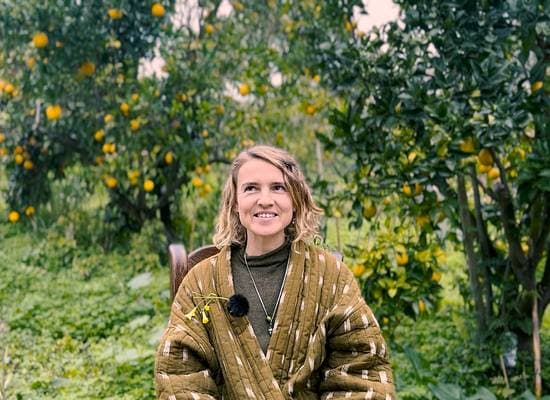Land regeneration
Parenting a forest

We did it! (Again)
345 more trees, rooted.
This isn’t just about planting —it’s about something much deeper. Because forests, like life, are not born in a single moment. They emerge from a latency period, But to really tell this story, to tell it as the silent pioneers of a forest would tell it, it's only fair to tell it with respect to time
How long is the gestation of an infant? As humans, that's often our own offspring where we witness the reliance, the learning, the intimacy of relationships.
What about an infant forest? And all those parenting puzzles that come along with it -
And how to them understand without words?
This latency isn’t just biological. How does one form a relationship with something so vast, so intricate, that it transcends words and science? A forest is far more than trees. It’s a living consciousness composed of threads that extend far beneath the surface, exchanging nutrients, signals, and stories. These threads build relationships, manage ecosystems, and establish lifelines—activities so complex they eclipse our understanding.
Building a consciousness below ground
What’s missing from our attempts to describe this process? Plenty. Modern science has mapped parts of the mycelial web, yet its full story remains elusive. How do we measure its intelligence? Its emotional resonance? Mycelium doesn’t operate on human timelines or logic. Instead, it connects every root and rock, carrying a vast, silent wisdom that isn’t about understanding but about being.
This is where patience steps in. With each tree or bush we plant, we’re weaving into this unseen network—a web that’s already thriving beneath the surface. Some of our earlier plantings have soared to over three meters, while others quietly grow with modesty.
Our role? To nurture, provide resources, and trust the process. We’re not planting a forest as much as collaborating with an entity far older and wiser than we are. But… we can begin the facilitation processes for this intelligence to build, just as an adult and child. There’s deep beauty in the work of being with intentional land over compounded time. Applying, nourishing, observing, reflect - repeat where necessary.
From Latency to Legacy
When we first came to this particular spot in the land, the soil was dry, chalky and relatively infertile. It needed love.
Closing on 3 years of regenerative attention, it’s revived! Inches of humus cradle the roots, and water retention has drastically improved. Grasses and smaller plants organically appear annually. The greywater system and organic composting have transformed this hill into fertile ground.
With what the land itself revealed—an unfolding reflected in its existing resilience and potential. By observing the soil and what was thriving, we built upon the supportive interspecies pattern, selectively choosing species to complement the natural balance. Native oaks and medronho stood healthy as the true beneficiaries of this ecosystem, holding their ground so steadfastly that adding more wasn’t necessary. Instead, we focused on filling the gaps, creating a mosaic that weaves together rocky slopes, dry soils, and mycelium-rich patches.
Lower Slopes
- North: In the wetter, fertile soils, ash, myrtle, and buckthorn were planted to embrace the diversity of conditions.
- Southwest: Patterns of ash, giesta, casuarina, and kurrajong interlace with native Iberian oak
- Southeast: Myrtle, hawthorn, and ash blend with Castanea as a climax species, leaving space for future aquatic restoration.
Upper Slopes
- North: Hawthorn, casuarina, and buckthorn act as anchors in the rocky, dry terrain, while kurrajong adds diversity to the eastern slope.
- Southwest: A hardy tapestry of rosemary, hawthorn, buckthorn, and carob thrives in the exposed, arid conditions.
- Southeast: Giesta, hawthorn, cypress and casuarina hold their ground in these higher zones.
Why These Choices Matter
This isn’t just planting—it’s co-creation. Each tree, shrub, and species plays a role in building an ecosystem. The carob fixes nitrogen; the hawthorn provides protection and shade for slower-growing species; the kurrajong breaks into rocky soils, preparing it for others to follow.
Beneath it all, mycelium works as the ultimate conductor, creating the connections that make this mosaic more than just a collection of plants. It’s a living system, interacting, exchanging, mapping itself out to instinctual influence.
The Unseen Forest
When we plant a tree, we imagine it growing tall, but rarely do we think about the sprawling root systems connecting to a web of fungi below. Yet this is where the true magic lies.
This forest isn’t just a collection of trees—it’s a vast, interconnected organism, building its own relationships and shaping its environment.
Forests teach us that latency isn’t a pause but a process. And patience? It’s not about waiting—it’s about listening.
Here’s to this baby forest, to the unseen, the unspeakable, and the unstoppable force of life itself. 🌱 All we are doing is giving it some guidance.
What to read next

AI for good: What If We Designed AI Around What Actually Matters?
Head over to our Learning Hub to become a Wanderer and unlock access to the full video class, along with many others.Designing Al for good is becoming an urgent...

Regenerative Agriculture vs Conventional Farming: Key Differences
Across Europe, from the arid landscapes of Portugal's Alentejo to the rich soils of Central Europe, farmers are facing unprecedented challenges. As climate chan...

Evgenia Emets: Art, Regenerative Agriculture, and the Rise of Forest Sanctuaries
Head over to our Learning Hub to become a Wanderer and unlock access to the full video class, along with many others.Evgenia Emets doesn’t just discuss regenera...
